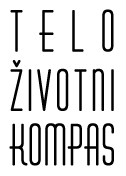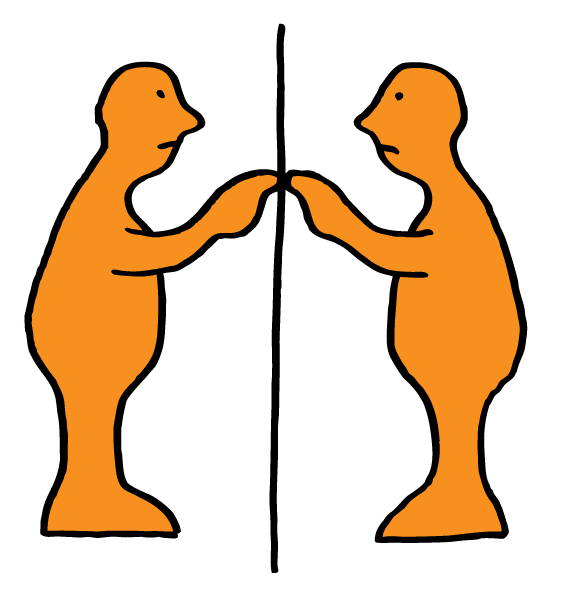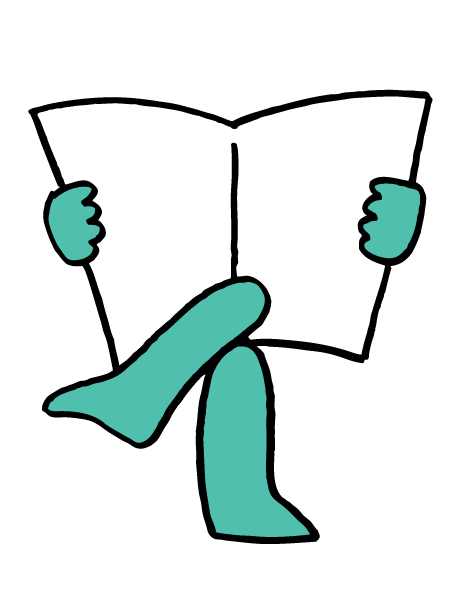

Self-inflicted violence intentionally caused by cuts, burns, head injuries, fracturing bones, punches, stabbings, hair pulling, taking toxic content, intentionally vomiting etc. is a part of the history of difficult and multiple violence called complex trauma (Brown, 2007) or complex post-traumatic stress disorder (Herman, 1997).
Feminist psychotherapists emphasise the difference between the terms ‘’self-inflicted violence’’ and ‘’self-harm’’ to underline the root of violence which lies at the core of interpersonal relationships. Self-inflicted violence becomes a strategy which helps a person dealing with the violence of others- a ‘’form of self-help’’- to fight the feeling of helplessness.
Instead of discussing the pathology of individuals, feminist psychotherapists speak of functional, effective and dysfunctional strategies in fighting helplessness. The effectiveness of strategies for fighting helplessness depends on the age of the individual (younger persons usually have more dysfunctional strategies), presence or absence of a model (in case a person had to create an effective helplessness fighting model himself/herself, strategies are often more dysfunctional) and the extent to which a certain strategy is or isn’t in accordance with culturally acceptable strategies of a given society. For example, culturally acceptable strategies for fighting helplessness are excessive work, excessive workout or minor cosmetic procedures, sport under sedation etc. On the other hand, sex with a large number of partners, self-inflicted violence, excessive use of alcohol and drugs in most societies are considered to be unacceptable strategies for fighting helplessness.

Why are we violent to ourselves?
Emotion control and emotion regulation. ‘Nothing that any psychotherapist has ever offered me could calm me like cutting myself’’ or ‘’Cutting myself is great to calm me down. When I cut myself, I see blood running out from my body and I feel as if I could breathe again and bear to stay alive for a while.’’- these are some of the typical statements. These people believe that this type of violence helps them to calm down, that they can use more their intellectual capacities and that suicidal thoughts haunt them less this way. People who have been neglected and abused by their parents and carers for a long time ‘’learned’’ that self-inflicted violence is a way to take care of themselves and calm down. Taking care of external physical wounds helps with reducing internal psychological traumas.
Contact with one’s body. ‘’While I levitate above the whole situation, I feel deep sadness for this little girl. They did horrible things to her, but I was still, motionless. It was a nice feeling. It was like I was dead and no one could see me’’. Distance, dissociation from your own body, ‘’it happens to someone else, not to me’’- attitude during traumatic experiences can be very strong so self-inflicted violence becomes the only familiar way to be in contact with their bodies.
Control over unavoidable violence. During long-term abuse and experience of being neglected, a person learns that violence is unavoidable. Thus, the only way to have power and control over situation is that he/she will inflict himself/herself pain instead of helplessly watching others doing it to him/her. Self-inflicted violence can also protect the person from further abuse by others who will find him/her ‘’unattractive’’.
Method of expressing internal psychological pain. When words prove to be useless in expressing internal pain, self-inflicted violence becomes vivid non-verbal method of communication.

How does feminist psychotherapy help?
The aim of feminist psychotherapy is to empower people and enable them to understand and use emotions as information about an event while happening in the present, rather than to let herself be overwhelmed with past or future events. The goal is to enable the person to use less dysfunctional strategies to soothe herself when helplessness and fear overwhelm her.
One of the most sensitive stages of psychotherapeutic process with persons who self-inflict violence is building basic mutual trust and confidence. During psychotherapeutic process, abused person should feel that he/she has the right to choose, make decisions and influence further process of psychotherapy, even including the change of psychotherapist. The process of building basic trust and confidence is of major importance in therapy with persons abused by people who were supposed to take care of them.
An important step as well, is to help a person feel safe in contact with his/her body. Psychotherapist must have a lot of patient during this process, because early learned behavioural patterns require a lot of effort to be replaced with new ones–often, it takes years to make progress.
It is necessary to devote attention to developing a self-protection plan from the powerful impact of emotions which accompany the story of traumatic events. Help in developing an alternative way of taking care of your own body means to speak openly and becoming more aware of what is dysfunctional in the actual behavior of a person, but also designing concrete steps in order to provide this person with more functional strategies (e.g. contact with friends, comfort food, rest, meditation and relaxation techniques, training of martial arts etc.).
Healing power of a relationship full of respect and care is of key importance in psychotherapy. ‘’You actually thought that I deserved to be treated with care and that I had limits which should be respected. It was shocking. I couldn’t figure out whether you are naïve or a weak opponent. In any case, it is nice to see you didn’t let me make you treat me badly. It was kind of cool in a weird way. ‘’ Feminist psychotherapy is based on the assumption that if all the above-mentioned points are fulfilled, the decision to stop self-inflicting violence comes from free will of the individual.
Source: Brown, L. I T.C. Bryan(2007):Feminist Therapy With People Who Self-Inflict Violence, JOURNAL OF CLINICAL PSYCHOLOGY: IN SESSION, Vol. 63(11), 1121–1133 (2007) © 2007 Wiley Periodicals, Inc.
Herman Dz.,L(1997):Trauma and recovery, Psihopolis institut, Novi Sad








